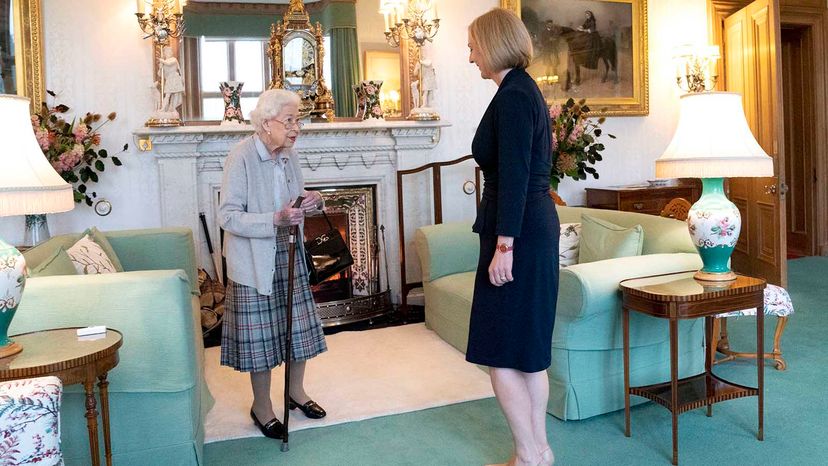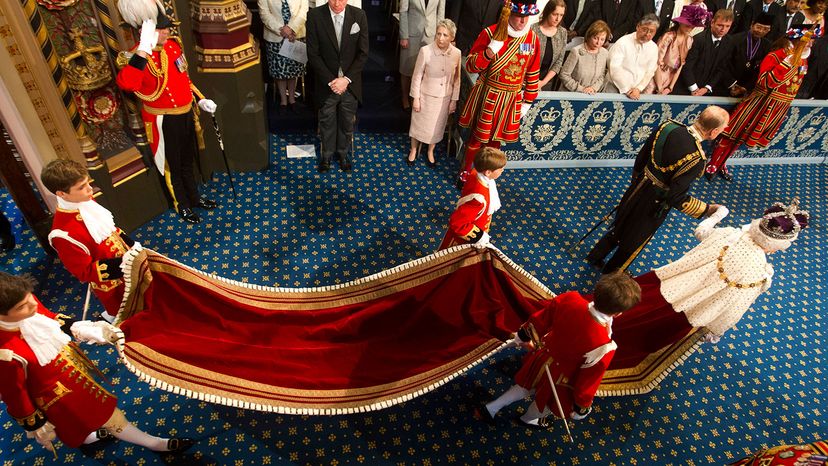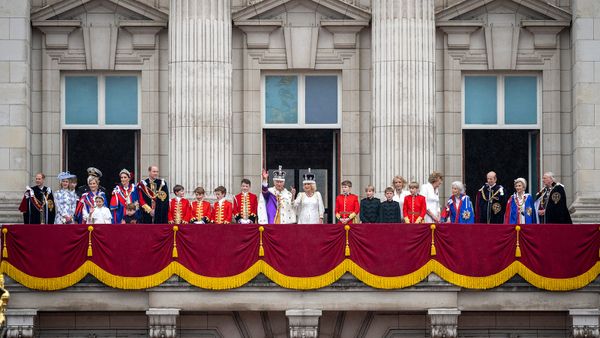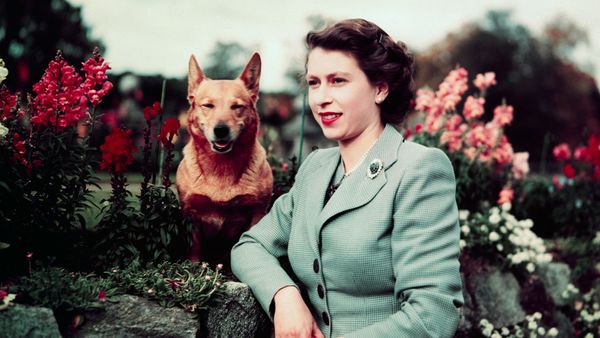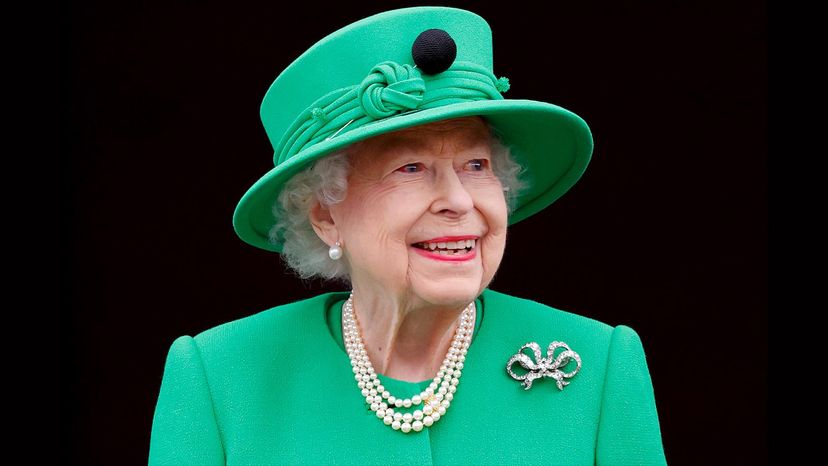
Queen Elizabeth II, who died Sept. 8 at her home in Balmoral at age 96, ruled longer than any other monarch in British history. She just celebrated 70 years on the throne with her Platinum Jubilee weekend in early June 2022.
Now that's she's gone, some people are wondering whether she held any real political power. That turns out to be a complicated question. Even though the United Kingdom is a constitutional monarchy, it doesn't have a single codified constitution like the United States. Instead, the power balance between the Crown (the monarchy) and Parliament (the elected officials) is mediated by a set of rules known as constitutional "conventions," some of which are written down and others that are based on custom and tradition.
Advertisement
According to some of the oldest traditions, the monarch is the ultimate source of power in the British government; the British legislature is formally known as "The Queen in Parliament." But as we'll see, while she was alive, the queen wielded no real political power to act independently of the wishes of Parliament or the prime minister.
